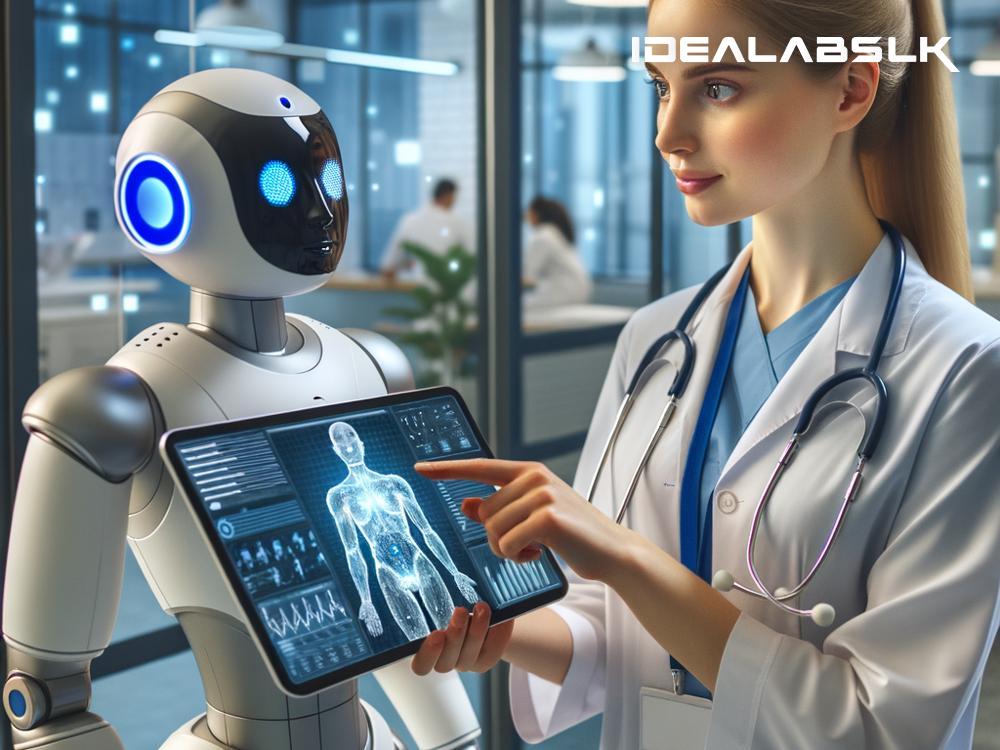How Technology is Preventing Burnout in Healthcare Providers: The Marvels of AI and Automation
In the bustling world of healthcare, where the well-being of others is continuously in the hands of devoted professionals, burnout among healthcare providers has become a pressing concern. The relentless demands, emotional toll, and extended hours can exhaust even the most resilient individuals. However, there's a glimmer of hope on the horizon, thanks to the innovative realms of Artificial Intelligence (AI) and automation. These technological advancements are not just transforming patient care; they're also becoming a crucial ally in preventing burnout among healthcare workers. Let's delve into how these technologies are making waves in the healthcare sector, promising a brighter future for professionals.
Streamlining Tedious Tasks
A significant portion of a healthcare provider's day can involve repetitive, administrative tasks such as data entry, scheduling appointments, and managing patient records. This is where automation shines, taking over these monotonous chores and completing them with precision and speed. By handling such tasks, automation frees up healthcare professionals to focus on what they do best – caring for patients. This shift not only enhances efficiency but also significantly reduces the stress and fatigue associated with paperwork, ultimately preventing feelings of burnout.
Decision Support Systems
The pressure to make quick, accurate decisions is a constant in healthcare. AI steps in as a powerful tool, offering decision support systems that analyze vast amounts of data to provide healthcare professionals with insights and recommendations. These systems can help diagnose diseases, suggest treatment plans, and even predict potential complications, thereby reducing the cognitive load on healthcare providers. By having AI as a reliable assistant, healthcare professionals can feel more confident in their decisions, reducing stress and the risk of burnout.
Enhancing Communication
Effective communication is the cornerstone of healthcare, yet it is often fraught with challenges. AI and automation are revolutionizing how healthcare providers communicate with each other and with patients. From automating appointment reminders to utilizing chatbots for addressing patient queries, technology ensures that communication is seamless and efficient. This not only improves the quality of care but also helps in reducing the mental strain on healthcare providers, contributing to the prevention of burnout.
Predicting and Preventing Burnout
Perhaps one of the most direct ways in which AI is combating burnout among healthcare providers is through the development of predictive models. These models can analyze various factors, such as work hours, patient load, and stress levels, to identify signs of burnout before they become a serious issue. Healthcare institutions can then intervene early, perhaps by adjusting workloads or providing additional support, to prevent burnout. This proactive approach is a game-changer in preserving the mental health and well-being of healthcare professionals.
Providing Virtual Support
The advent of AI-powered virtual assistants is offering healthcare providers on-demand support with administrative tasks, clinical information, and even patient care. These virtual assistants are available 24/7, ensuring that help is always at hand, which can be particularly reassuring during hectic periods. The emotional support and companionship provided by AI, although not a substitute for human interaction, can also play a role in mitigating feelings of isolation and burnout.
The Road Ahead
It's clear that AI and automation hold tremendous potential in transforming the healthcare sector, making it more efficient, effective, and most importantly, more humane. By reducing the burden of administrative tasks, aiding in clinical decisions, enhancing communication, predicting burnout, and providing virtual support, technology is proving to be an indispensable ally in the fight against burnout among healthcare providers.
As we embrace these technological innovations, it's crucial for healthcare institutions to ensure that the transition is smooth and that healthcare professionals are adequately trained to leverage these tools. With the right approach, the integration of AI and automation in healthcare can pave the way for a healthier, more sustainable work environment for healthcare providers, ensuring they have the support they need to care for others, without compromising on their well-being.
In conclusion, while technology alone cannot eliminate burnout, the integration of AI and automation in healthcare is certainly a step in the right direction. By taking over routine tasks, providing decision support, enhancing communication, and predicting burnout, technology is reshaping the healthcare landscape — creating a space where healthcare providers can thrive, free from the shadows of burnout.

